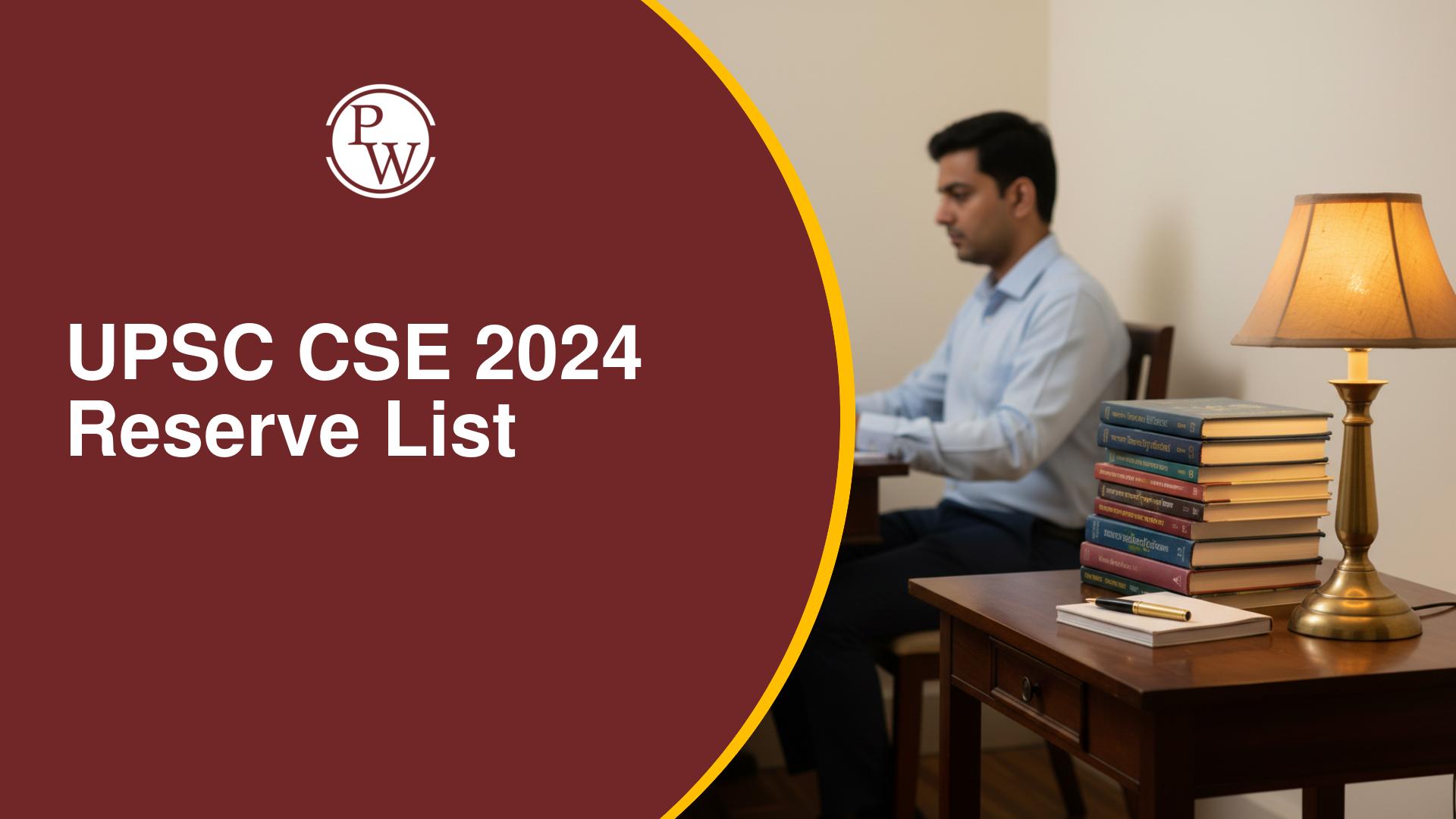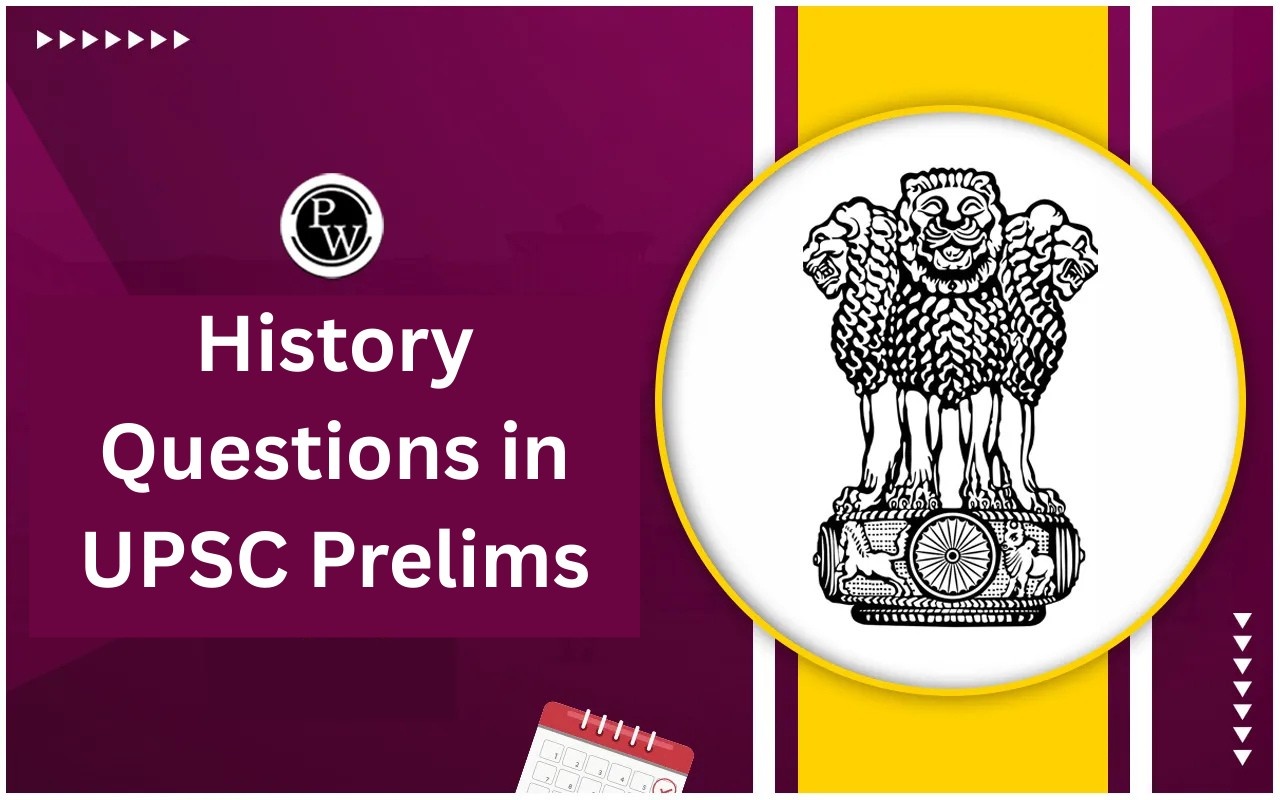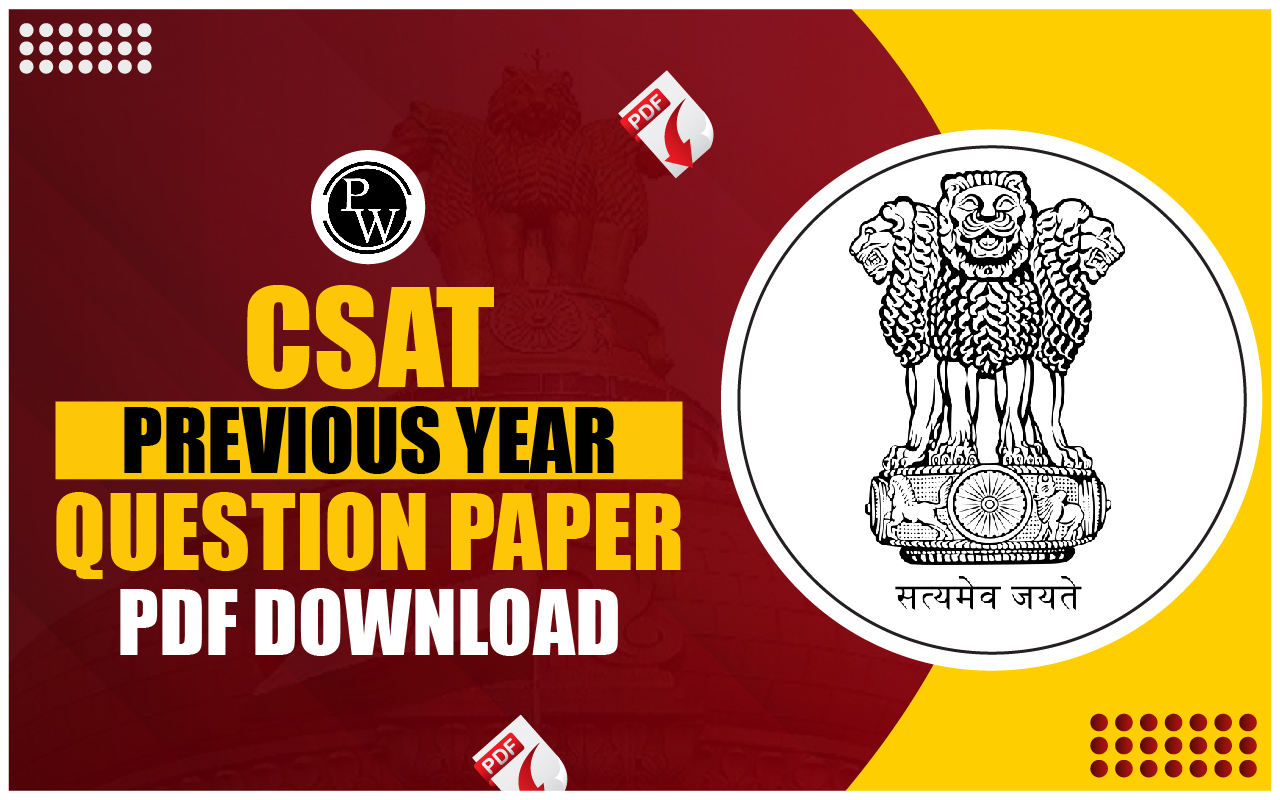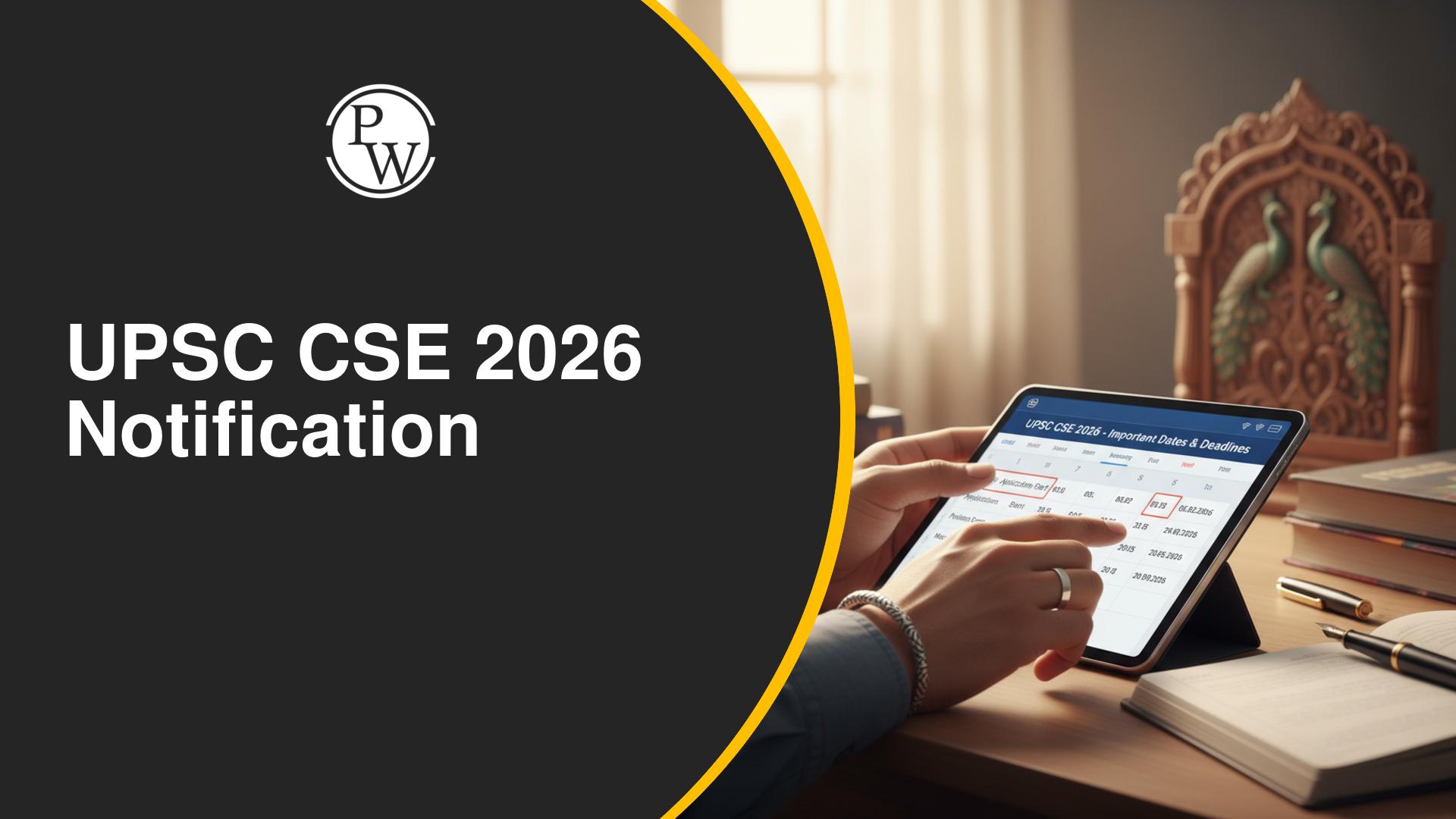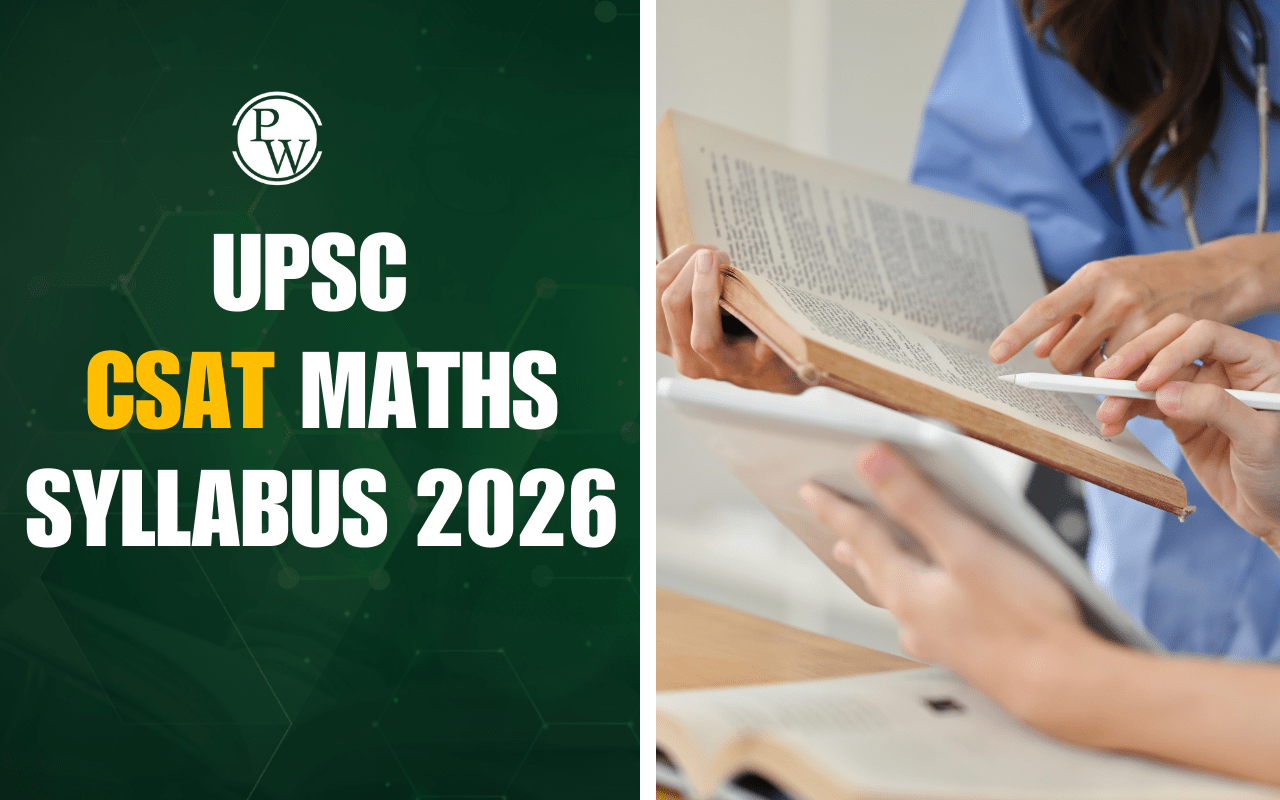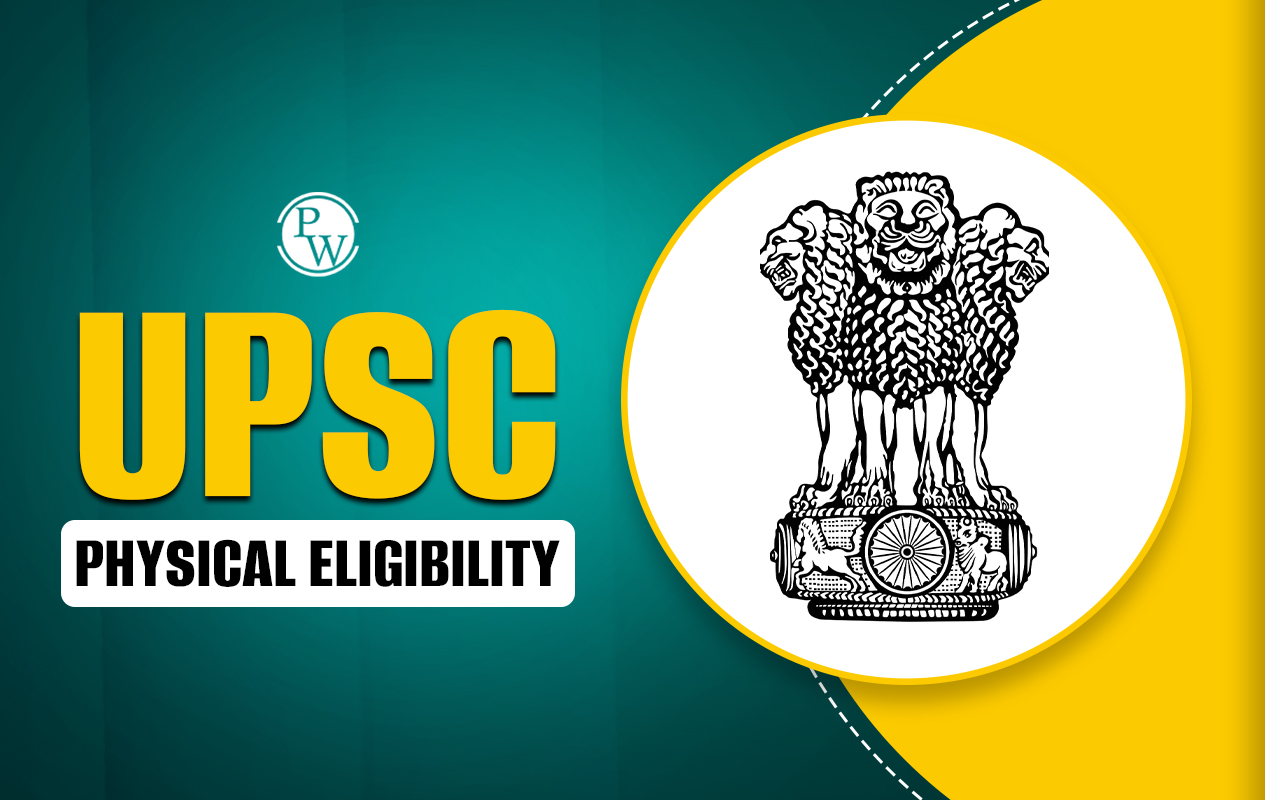
Freedom Fighters of India: The freedom we enjoy today is a result of the sacrifices and struggles of countless brave Freedom Fighters of India. They fought against the unjust and cruel British colonial rule with courage and determination. Through various freedom movements, these Freedom Fighters of India paved the way for India's independence in 1947 .
Not just UPSC exam aspirants, but every Indian citizen must be aware of the names of the Freedom Fighters of India and their contributions. Let's remember the freedom fighters of India and their contributions to independence.
List of Freedom Fighters of India
Starting from the First War of Independence in 1857 to 1947, many courageous leaders challenged British colonial rule. From Rani Lakshmi Bai's militant approach to Mahatma Gandhi's nonviolent resistance, each freedom fighter of India played a crucial role in securing India's independence. Here is a list of freedom fighters in India who must be known to each citizen of India.
| List of Prominent Freedom Fighters of India | |
| Name | Role in Indian Freedom Struggle |
| Rani Lakshmibai | Known for her role in the Indian Rebellion of 1857 against the British. |
| Tantia Tope | He fought against British rule and was executed for his involvement in the Indian rebellion. |
| Mangal Pandey | He sparked the Indian Mutiny in 1857 which is also known as the First War of India’s Independence. |
| Subhas Chandra Bose | Founded the Indian National Army and fought for Indian independence. |
| Bhagat Singh | He was a revolutionary who fought against British colonial rule and was executed for his involvement in the Lahore Conspiracy Case. |
| Sardar Udham Singh | He fought against British rule and is known for assassinating Michael O'Dwyer. |
| Lala Lajpat Rai | He was involved in the Ghadar Movement and led the Punjab Kesari movement against British colonial rule. |
| Bal Gangadhar Tilak | He fought for Indian independence and was involved in the Swadeshi Movement. |
| Sri Aurobindo Ghosh | He conveyed the message of Swaraj and was a prominent protester of the 1905 movement |
| Chandra Shekhar Azad | He is known for reorganizing the Hindustan Socialist Republican Association and sacrificed his life for the Indian freedom struggle. |
| Khan Abdul Ghaffar Khan | He is also known as Frontier Gandhi for his non-violent approach and led the Khudai Khidmatgar movement. |
| C. Rajagopalachari | Rajagopalachari was a prominent freedom fighter who played a crucial role in the Indian independence movement and later became the last Governor-General of India. |
| Alluri Sitarama Raju | Raju was a prominent freedom fighter who led the Rampa Rebellion from 1922 to 1924. |
| Lala Hardayal | Led the Ghadar Movement and fought for Indian independence. |
| Ram Prasad Bismil | Famous for Kakori Kand, he sacrificed his life for Indian independence. |
| Bipin Chandra Pal | He was given the title of Bengal Tiger for his contribution to Indian freedom movements through Swadeshi, boycotts, and national education. |
| Maulana Abul Kalam Azad | He was a prominent Indian independence activist and senior leader of the Indian National Congress. |
Top 25 Indian Freedom Fighters and Their Contributions to India's Independence
In UPSC PYQ papers , it can be noticed that questions about freedom fighters of India are frequently repeated. Here are some famous freedom fighters in India and their contributions:
-
Sardar Vallabhbhai Patel (1875 – 1950)
-
Known as the "Iron Man of India," Patel was instrumental in uniting India post-independence. He led the Kheda Satyagraha and Bardoli Satyagraha to challenge British policies, earning the title "Sardar" for his leadership in the struggle.
-
-
Mahatma Gandhi (1869 – 1948)
-
The Father of the Nation, Gandhi pioneered the Non-Cooperation Movement, Salt March, and Quit India Movement. His philosophy of nonviolent resistance mobilized millions and was central to India’s independence.
-
-
Motilal Nehru (1861 – 1931)
-
A key figure in the Indian National Congress, Motilal Nehru advocated for self-rule and was a strong supporter of the Non-Cooperation Movement. He co-founded the Swaraj Party in 1923.
-
-
Jawaharlal Nehru (1889 – 1964)
-
India’s first Prime Minister, Nehru’s vision for the country shaped its political landscape. He played a pivotal role in drafting India’s Constitution and guided the country through its early years post-independence.
-
-
Lala Lajpat Rai (1865 – 1928)
-
Known as the "Lion of Punjab," Lajpat Rai was a leading figure in the fight against the partition of Bengal and the Jallianwala Bagh massacre. He also fought for social reforms and education in India.
-
-
Bal Gangadhar Tilak (1856 – 1920)
-
A staunch advocate of Swaraj (self-rule), Tilak is known for his slogan "Swaraj is my birthright." He was a powerful force behind the demand for complete independence.
-
-
Bipin Chandra Pal (1858 – 1932)
-
A prominent leader in the Swadeshi Movement, Pal emphasized the importance of education and women’s rights and played a key role in opposing the division of Bengal.
-
-
Chittaranjan Das (1870 – 1925)
-
Known as ‘Deshbandhu’ (Friend of the Nation), Chittaranjan Das was a key figure in the Non-Cooperation Movement and founder of the Swaraj Party.
-
-
Feroz Shah Mehta (1845 – 1915)
-
A social reformer and the “Lion of Bombay,” Feroz Shah Mehta fought for civil rights, social reforms, and economic reforms during British rule.
-
-
Bhagat Singh (1907 – 1931)
-
A revolutionary, Bhagat Singh believed in socialist ideas and led the Hindustan Socialist Republican Association. He is remembered for his role in the assassination of J.P. Saunders and his involvement in the Dandi March.
-
Madan Mohan Malaviya (1861 – 1946)
-
The founder of Banaras Hindu University, Malaviya fought for free and compulsory education and played a crucial role in the freedom movement and civil disobedience.
-
Jyotiba Phule (1827 – 1890)
-
A champion of women’s education and social equality, Phule worked tirelessly to eradicate caste discrimination and founded the Satyashodhak Samaj to empower the underprivileged.
-
Chandra Shekhar Azad (1906 – 1931)
-
A revolutionary and a key figure in the Hindustan Socialist Republican Association, Azad fought against British rule through armed resistance and led several missions, including the Kakori Train Robbery.
-
Dadabhai Naoroji (1825 – 1917)
-
Often called the "Grand Old Man of India," Naoroji was one of the first leaders to expose the economic exploitation of India by the British. He is famous for his work, Poverty and Un-British Rule in India.
-
Subhas Chandra Bose (1897 – 1945)
-
Known as Netaji, Bose formed the Indian National Army and sought international help to free India from British rule. His leadership in the INA played a major role in the struggle for independence.
-
Mangal Pandey (1827-1857)
-
An early martyr in the 1857 rebellion, Pandey’s defiance against British officers in Barrackpore sparked the First War of Independence.
-
Aruna Asaf Ali (1909 – 1996)
-
A key figure in the Quit India Movement, Aruna Asaf Ali was known for her courage in the face of oppression. She is remembered for hoisting the national flag during the 1942 movement.
-
Annie Besant (1847 – 1933)
-
A British-born social reformer, Annie Besant became an important leader in the Home Rule Movement and was a staunch advocate for women’s rights and education.
-
Kasturba Gandhi (1869 – 1944)
-
The wife of Mahatma Gandhi, Kasturba was an active participant in the freedom movement. She championed women’s empowerment, education, and supported non-violent protests.
-
Vijaya Lakshmi Pandit (1900 – 1990)
-
The sister of Jawaharlal Nehru, Vijaya Lakshmi Pandit was a prominent diplomat and played a significant role in shaping India’s foreign policy after independence.
-
Tantia Tope (1814 – 1859)
-
A general in the 1857 rebellion, Tantia Tope’s military strategies made him a key player in the First War of Independence. His guerrilla tactics helped India resist British rule in several battles.
-
C. Rajagopalachari (1878 – 1972)
-
A prominent leader in the Indian National Congress, Rajagopalachari was instrumental in the drafting of India’s Constitution and served as India’s first and last Governor-General.
-
Vinayak Damodar Savarkar (1883 – 1936)
-
An influential leader and ideologue, Savarkar was a vocal advocate for complete independence and was involved in the 1857 uprising and several revolutionary activities.
-
Ashfaqulla Khan (1900 – 1927)
-
A revolutionary involved in the Kakori Train Robbery, Ashfaqulla Khan sacrificed his life for the cause of Indian independence. He was hanged by the British for his revolutionary activities.
-
Laxmi Sehgal (1916 – 1999)
-
A prominent figure in the Indian National Army, Laxmi Sehgal served as the captain in Subhas Chandra Bose's Azad Hind Fauj and was a key part of the independence struggle.
Women Freedom Fighters in India
India’s women freedom fighters led rebellions and campaigns against British rule on par with top leaders. They displayed immense courage and resilience by breaking the barrier to fight for independence. Women freedom fighters in India played various roles, such as passive resistance, activism, mobilizing masses, running underground movements, etc.
| Women Freedom Fighters in India | |
| Name | Contribution in Indian Freedom Struggle |
| Kasturba Gandhi | Supported Mahatma Gandhi in his campaigns and advocated for women's rights and social reform. |
| Pritilata Waddedar | She was a member of the Chittagong armoury raid group and led an attack on a European club in Chittagong in 1932. |
| Rani Gaidinliu | She was a Naga freedom fighter, and she was involved in the National Movement against British colonial rule in the north-east. |
| Aruna Asaf Ali | Hoisted the Congress flag during Quit India Movement at Gowalia Tank maidan, Bombay, and played a key role in underground activities against British rule. |
| Madam Bhikaji Cama | Symbol of Indian revolution abroad, unfurled Indian flag in international socialist conferences against British rule. |
| Captain Lakshmi Sahgal | An officer in the Indian National Army led the Rani of the Jhansi Regiment in the fight against British colonialism. |
| Usha Mehta | Active in underground activities during the Quit India Movement, operated secret radio broadcasts. |
| Sucheta Kriplani | Freedom fighter, a prominent leader in the Indian National Congress, and the first woman Chief Minister of Uttar Pradesh. |
| Matangini Hazra | Active in the Quit India Movement, led protests and marches against British rule, martyr for Indian independence. |
Concerned about the UPSC 2025 exam? Worry no more! Enroll in Physics Wallah’s UPSC online course today and start your journey toward success
| UPSC Related Articles | ||
| UPSC Mains Subjects | IAS Officer After 12th | Newspaper for UPSC Exam |
| UPSC Mains Syllabus | UPSC Essay Book | UPSC Result 2024 |
Freedom Fighters of India FAQs
What were freedom fighters in India?
What are the contributions of freedom fighters?
Who is the first lady freedom fighter?
How many freedom fighters sacrificed their lives for India?
What was the contribution of Bhagat Singh in the Indian freedom struggle?

UPSC Coaching

